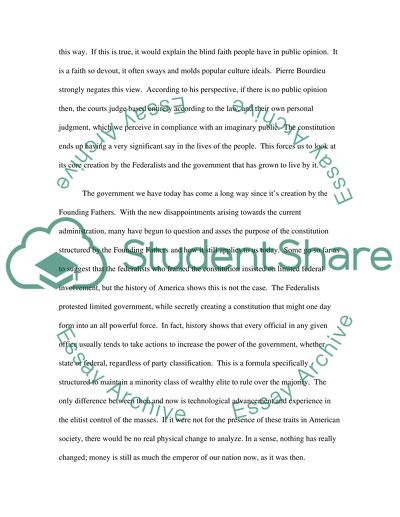Cite this document
(“Law v.s. Opinion Essay Example | Topics and Well Written Essays - 1250 words”, n.d.)
Law v.s. Opinion Essay Example | Topics and Well Written Essays - 1250 words. Retrieved from https://studentshare.org/miscellaneous/1503963-law-vs-opinion
Law v.s. Opinion Essay Example | Topics and Well Written Essays - 1250 words. Retrieved from https://studentshare.org/miscellaneous/1503963-law-vs-opinion
(Law v.S. Opinion Essay Example | Topics and Well Written Essays - 1250 Words)
Law v.S. Opinion Essay Example | Topics and Well Written Essays - 1250 Words. https://studentshare.org/miscellaneous/1503963-law-vs-opinion.
Law v.S. Opinion Essay Example | Topics and Well Written Essays - 1250 Words. https://studentshare.org/miscellaneous/1503963-law-vs-opinion.
“Law v.S. Opinion Essay Example | Topics and Well Written Essays - 1250 Words”, n.d. https://studentshare.org/miscellaneous/1503963-law-vs-opinion.


